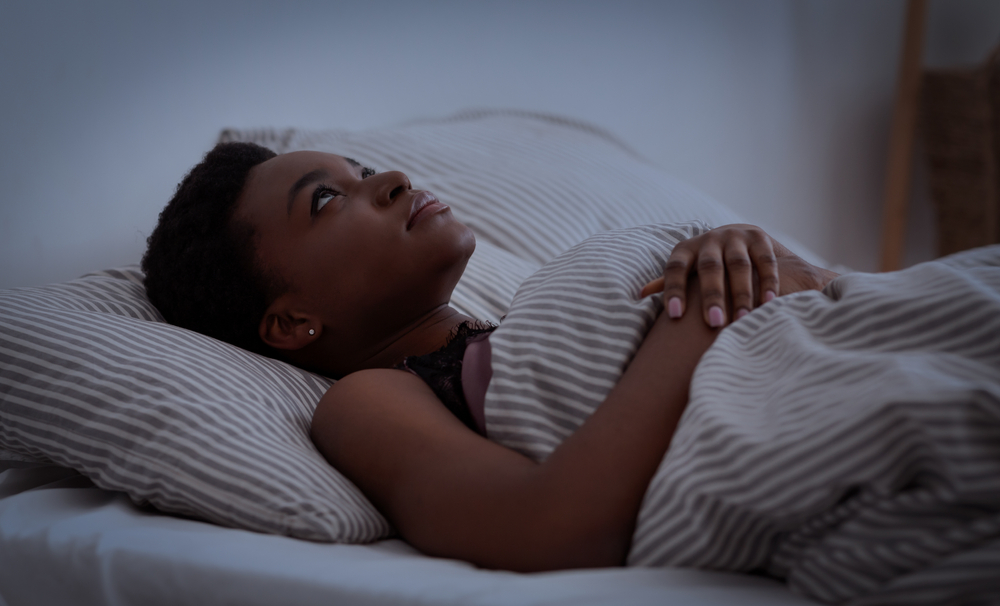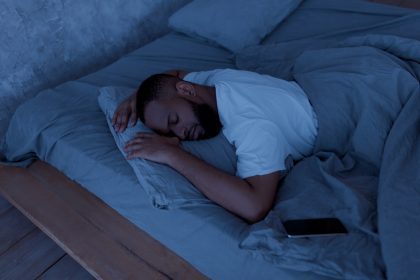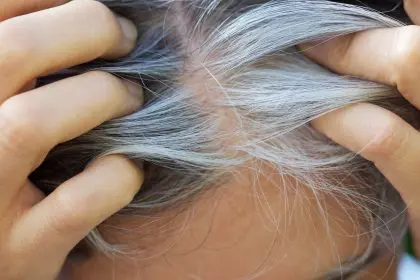Emma Rodriguez lay awake at 3 AM, staring at her ceiling for the fourth night in a row. As a busy marketing executive and mother of two, she knew her sleep deprivation was taking a toll on every aspect of her life. After researching prescription sleep medications and their potential side effects, she decided to explore natural alternatives instead.
“I was desperate for sleep but worried about becoming dependent on prescription drugs,” Rodriguez recalls. Her story echoes millions of Americans who struggle to find peaceful rest in today’s fast-paced world.
The science of natural sleep support
Dr. Gary Soffer, an integrative medicine physician at Yale Medicine, has witnessed a significant shift in how people approach sleep problems. “More patients are seeking natural solutions before turning to pharmaceuticals,” he explains. “This reflects both growing awareness of traditional remedies and concerns about prescription medication side effects.”
The appeal of natural sleep aids lies in their gentler approach to promoting rest. Rather than forcing sleep through chemical means, these remedies often work by supporting the body’s natural sleep-wake cycles.
Understanding your sleep cycles
Before diving into specific remedies, understanding how sleep works helps explain why natural approaches can be effective. Dr. Maria Chen, a sleep specialist at Stanford University, explains that our bodies operate on a complex internal clock.
“Sleep isn’t just about closing your eyes and drifting off,” Dr. Chen notes. “It’s an intricate dance of hormones and neurotransmitters that can be supported or disrupted by various factors in our environment.”
The hormone connection
Melatonin, often called the sleep hormone, plays a crucial role in this process. Our bodies naturally produce this hormone as darkness falls, signaling that it’s time to rest. However, modern life with its artificial lights and screen time can disrupt this natural process.
Dr. James Patterson, a neurologist specializing in sleep disorders, explains how supplemental melatonin can help. “When taken at the right time and dosage, melatonin supplements can help reset disrupted sleep patterns and support natural sleep cycles.”
Ancient wisdom meets modern science
Traditional remedies like valerian root have stood the test of time for good reason. Dr. Sarah Thompson, an herbal medicine researcher, has studied these ancient sleep aids extensively. “What’s fascinating is how modern research validates what traditional healers have known for centuries,” she shares. “These plants contain compounds that genuinely influence our nervous system.”
The mineral missing from modern diets
Magnesium emerges as another key player in the sleep puzzle. Dr. Robert Chang, a nutrition specialist, points out that many Americans are deficient in this crucial mineral. “Magnesium deficiency can manifest as poor sleep quality, muscle tension, and anxiety – all factors that make rest more elusive.”
The tea tradition
Rachel Martinez found her sleep solution in an evening ritual passed down through generations. “My grandmother always said a cup of chamomile tea before bed was better than any pill,” she remembers. “I was skeptical at first, but making tea part of my bedtime routine has transformed my sleep.”
Understanding GABA’s role
The natural compound GABA has gained attention in sleep research. Dr. Michael Lee, a neuroscience researcher, explains its importance: “GABA acts as your brain’s natural brake pedal. When levels are optimal, it helps quiet the mental chatter that keeps many people awake.”
Navigating supplement safety
While natural doesn’t always mean safe, understanding proper usage helps minimize risks. Dr. Lisa Wong, a pharmacologist studying supplement interactions, emphasizes the importance of quality. “Choose products from reputable manufacturers that undergo third-party testing,” she advises. “The supplement industry isn’t heavily regulated, so doing your homework matters.”
Combining remedies safely
Many people wonder about combining different natural sleep aids. Dr. David Miller, an integrative medicine specialist, recommends starting simple. “Begin with one remedy and observe its effects before adding others,” he suggests. “This helps identify what works for you while minimizing potential interactions.”
The lifestyle connection
Natural sleep aids work best as part of a comprehensive approach to rest. Sleep specialist Dr. Amanda Roberts emphasizes the importance of sleep hygiene. “Even the most effective natural remedy can’t overcome poor sleep habits,” she explains. “Creating a conducive environment for rest amplifies the benefits of any sleep aid.”
Temperature matters
Recent research highlights the role of body temperature in sleep quality. Dr. Thomas Chen studies the connection between temperature regulation and rest. “Our body temperature naturally drops as we prepare for sleep,” he explains. “Supporting this process through environment and timing of remedies can enhance their effectiveness.”
The power of routine
Psychology plays a crucial role in sleep quality. Dr. Rachel Foster, a sleep psychologist, emphasizes the importance of consistent patterns. “When we establish regular sleep routines, including natural remedies, we create powerful psychological cues for rest,” she notes.
Looking to the future
Research into natural sleep aids continues to evolve. Dr. Sophie Wilson leads studies examining traditional remedies with modern technology. “We’re discovering new compounds and mechanisms in well-known plants,” she reveals. “This research helps explain why these remedies have endured for generations.”
Making informed choices
For those considering natural sleep aids, expert guidance proves invaluable. Dr. Jennifer Park recommends working with healthcare providers familiar with both traditional and modern approaches. “An integrative approach often yields the best results,” she explains. “We can combine ancient wisdom with modern understanding for optimal outcomes.”
The path to better rest
As Emma Rodriguez discovered, finding the right natural sleep solution often requires patience and personalization. “It wasn’t an instant fix,” she admits, “but gradually building a routine with natural remedies has helped me rediscover restful sleep.”
The journey to better sleep continues to evolve as research unveils new insights into traditional remedies. While natural sleep aids offer promising alternatives to prescription medications, success often lies in finding the right combination for individual needs.
















